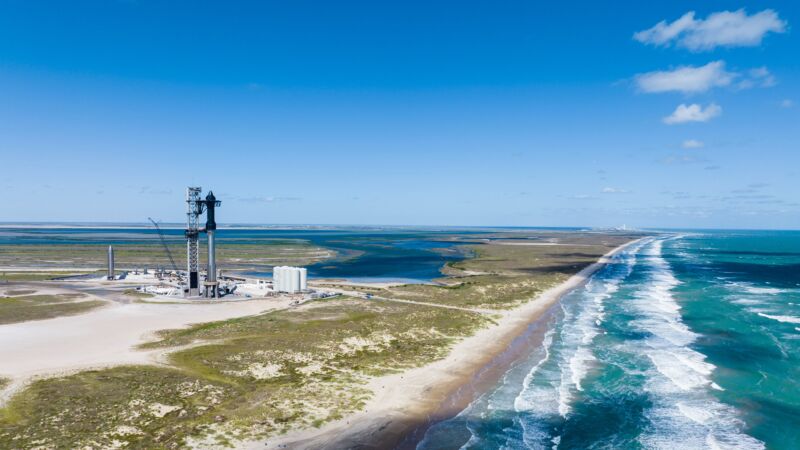
In a remarkably frank discussion this week, several senior SpaceX officials spoke with Ars Technica on background about how working with the Federal Aviation Administration has slowed down the company's progress not just on development of the Starship program, but on innovations with the Falcon 9 and Dragon programs as well.
The SpaceX officials said they want to be clear that the FAA is doing a reasonably good job with the resources it has, and that everyone supports the mission of safe spaceflight. However, they said, the FAA needs significantly more people working in its licensing department and should be encouraged to prioritize missions of national importance.
In recent months, according to SpaceX, its programs have had to compete with one another for reviews at the FAA. This has significantly slowed down the Starship program and put development of a Human Landing System for NASA's Artemis program at risk. Inefficient regulation, the officials said, is decreasing American competitiveness as space programs in China and elsewhere around the world rise.
The discussion with Ars was convened by SpaceX in advance of a hearing on Wednesday before the US Subcommittee on Space and Science, at which William Gerstenmaier, vice president of Build and Flight Reliability at SpaceX, will be one of the people testifying. SpaceX hopes that Congress will provide guidance to the FAA on how to operate more efficiently.
“Maybe the committee can give them the big picture goals of what they want to accomplish for the US, and then maybe the FAA can be a little more innovative in how they interpret some of the rules and regulations," a SpaceX official said. "Their mission is to enable safe spaceflight. We cannot give up on the safety side, but could there be a little bit more emphasis on the enable side?”
Staffing concerns
SpaceX is on pace to launch about 90 rockets this year, primarily Falcon 9 boosters from Florida. Next year, the company aims to increase that rate by about 50 percent. That is on top of new entrants such as United Launch Alliance's Vulcan rocket, Blue Origin's New Glenn, and other smaller rockets coming online. Then there is the increased flight rate by Virgin Galactic, the return to flight by Blue Origin's New Shepard suborbital tourism rocket, and the potential for high-altitude balloon flights.
"We see a trainwreck coming," said one of the SpaceX officials, citing all of this work that the FAA needs to perform.
“Next year could be a pretty dynamic time with lots of providers in spaceflight," another SpaceX official said. "Our concern is even today Falcon and Dragon are sometimes competing for FAA resources with Starship, and the FAA can’t handle those three activities together. So let alone what's coming next year, or maybe even later this year, we just don't think the FAA is staffed ready to support that.”
During the hearing on Wednesday, Gerstenmaier will recommend that the FAA double the staff in the licensing division of its Office of Commercial Space Transportation, which is known as AST. In addition, the FAA should be given "accelerated hiring authority" to draw from the best pool of candidates.
The company also believes that license applicants should be able to opt-in to help fund independent third-party technical support to assist the FAA surge in the near term while the agency goes through the hiring process.
reader comments
323